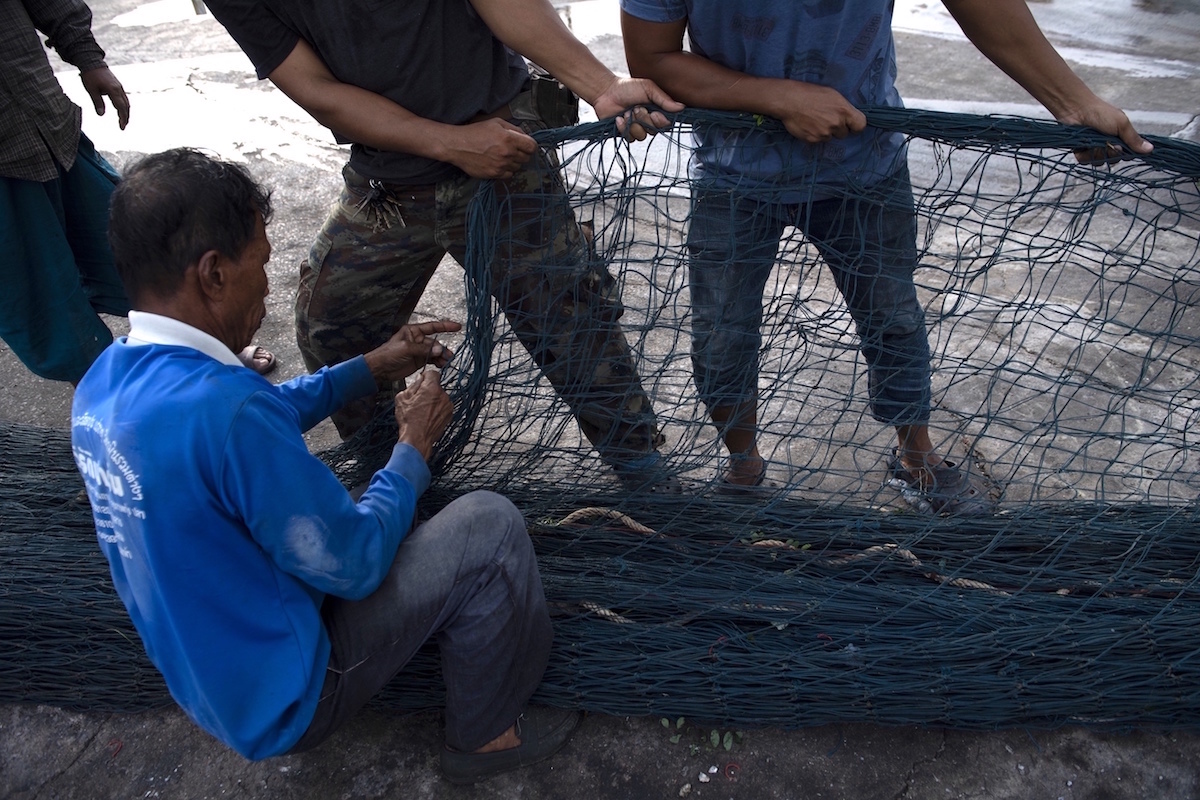Human traffickers in Thailand have refused court orders to compensate victims in recent years, raising concerns survivors could be left vulnerable, a news agency reported.
Thai courts have ordered traffickers to pay their victims more than 130 million baht ($4.3 million) for damages caused in about 1,335 cases since 2014, according to government statistics provided to the Thomson Reuters Foundation.
But the money was only paid in five cases, with survivors receiving a total of 5.6 million baht, excluding cases settled out of court, data from the government’s anti-trafficking department showed.
Thailand has cracked down on trafficking of workers into the fishing and other industries in recent years, following revelations of slave labor on fishing fleets and other human rights abuses. But rights activists say some unscrupulous practices continue despite the reforms. Thailand has 610,000 modern-day slaves, according to the Global Slavery Index by the rights group Walk Free Foundation.
Traffickers exploit poor migrant workers who flock from neighboring Cambodia, Myanmar and Laos to work in the fishing and other industries, the U.S. State Department’s annual Trafficking in Persons report said. They are often trapped in debt bondage, where they must work to pay off large loans to middlemen or bosses, before earning any wages, the report released in June said.
Trafficking victims are automatically compensated through a Thai government fund, providing them with basic living and rehabilitation expenses. But the money is not enough to rebuild lives, said Chonticha Tangworamongkon, a director at the Human Rights and Development Foundation, that provides legal aid to migrant workers.
While Thai law allows victims to claim compensation from convicted traffickers, offenders have refused to pay in more than 1,000 cases — for which there is no legal punishment, the news agency said.
“It’s an important issue that is unfortunately being neglected,” Tangworamongkon told Reuters.
Lawyers and charities, which are often hired by victims to trace offenders’ assets and enforce compensation orders, told the news agency that seizure of assets by Thailand’s Anti-Money Laundering Office may thwart victims’ efforts to obtain compensation.







